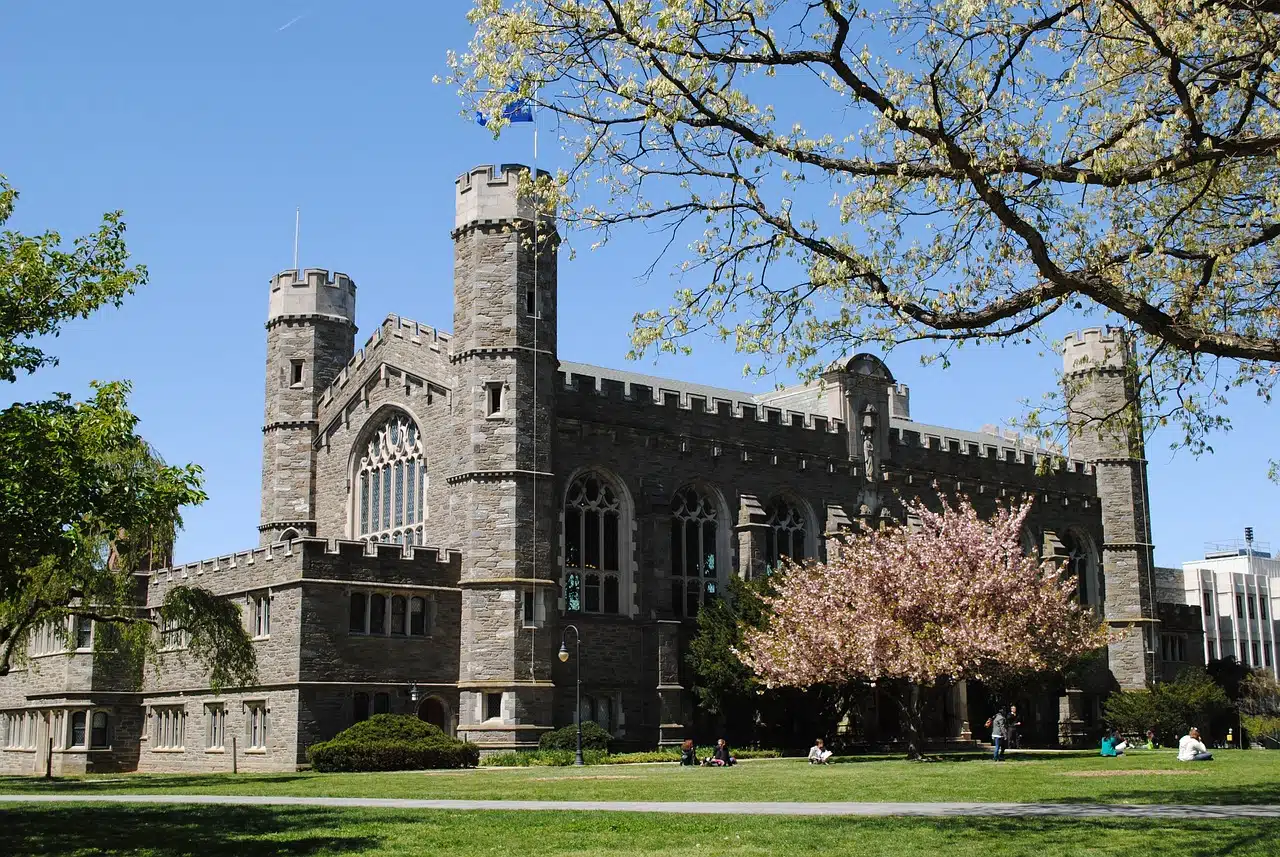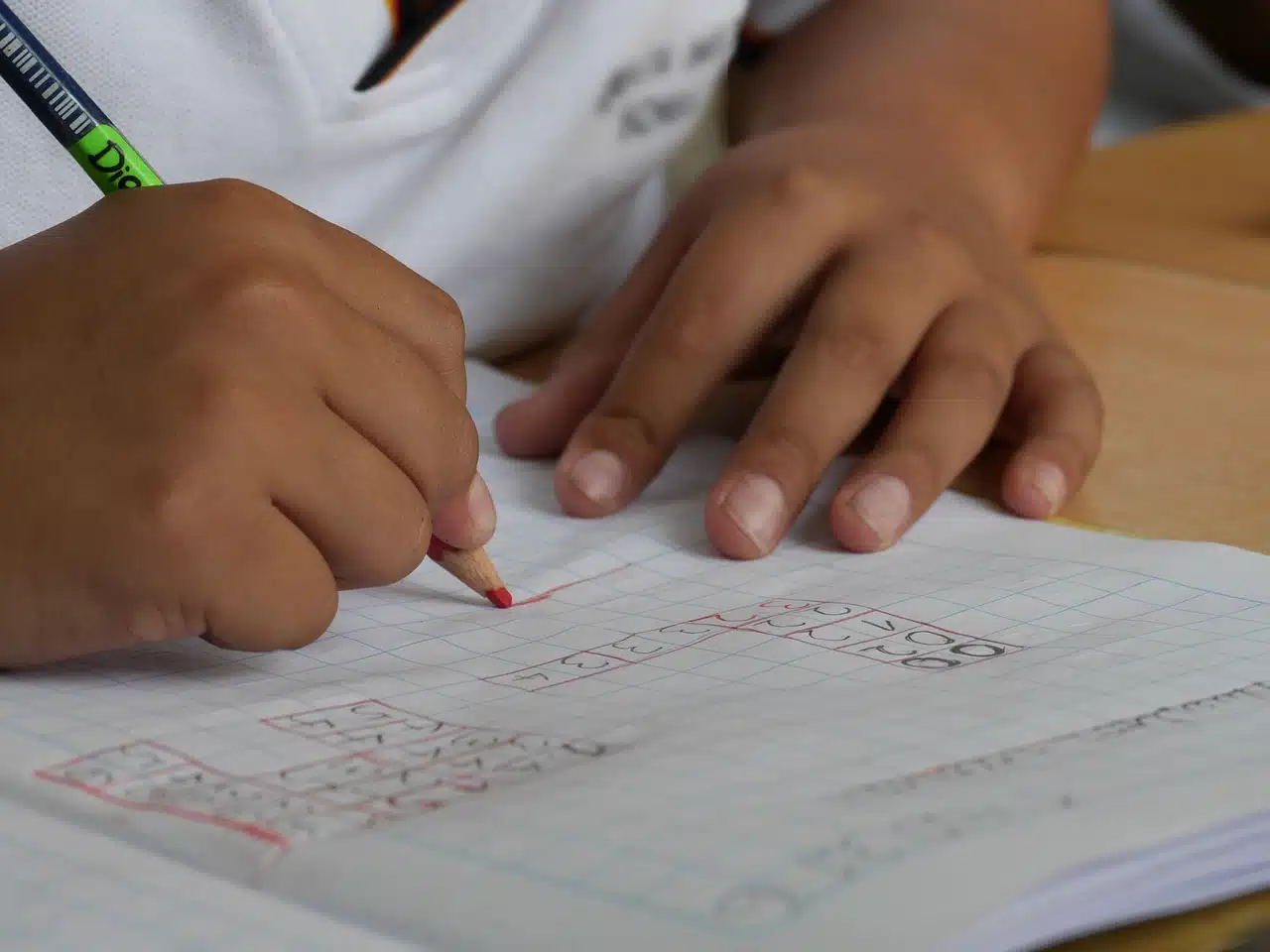
A school is an educational establishment.
College is a term that comes from the Latin collegium . This word, in turn, has its origin in the verb colligere ( "to gather" ). A school is an establishment dedicated to teaching .
For example: “I'm going to enroll my son in a public school,” “Yesterday there was a robbery on the corner of the school,” “They say this is the best school in the city,” “Juan is happy because tomorrow he doesn't have to go to school and you can sleep later.”
The notion of school is used to name both the educational institution and the building itself and the classes taught inside: “The fee is very high; We are going to have to change schools” , “They painted the school and it looked like new” , “The teachers are on strike so there is no school tomorrow” .
Types of school
It is possible to classify schools according to their ownership or level of teaching. In the first case, we can speak of a public school (whose ownership and management is in the hands of the State ) or a private school (an educational institution for profit, although also subject to certain state controls and regulations).
Regarding the level of education, schools can be dedicated to basic education (in this case, they are generally known as a primary school or college ), secondary education ( secondary school , institute or lyceum) or pre-university or university education ( higher school ). .
A military college , on the other hand, is an institution that is dedicated to military training. College, likewise, can be the society of people who share a trade or profession (such as the bar association ).

Learning is encouraged in schools.
school abuse
In recent years, the number of parents who have become aware of the countless cases of school abuse has grown considerably. Thanks to the media and the action of certain foundations, many stories have come to light that reveal an undeniable reality: school is not a safe environment.
Can this be applied to all primary and secondary schools in the world? Surely not. The main problem lies in the "ability" of certain abusers, who may be children or adults, to cover up their actions; and this discretion is effective because of prejudices , which cloud the vision of teachers and leave those who need them most unprotected.
At first glance, the crudeness of certain attitudes and certain comments alarms us all and makes us think that these cannot be true issues. However, for those who must suffer abuse on a daily basis, there is nothing more certain.
School abuse has no limits. A few years ago, a boy with Asperger's syndrome committed suicide after months of being tormented by his schoolmates; What is especially terrifying is that his abusers did their best to convince him to take his own life , after reading that his disorder prevented him from understanding sarcasm and double meanings. The boy hanged himself. The next day, many students brought a badge in the shape of a knotted rope to school.
Solve problems in schools
How do you solve a problem that has been at the roots of group education for so many years? One of the measures that many institutions are putting into practice is to maintain a much closer relationship with their students, to know their concerns and their state of mind at all times . On the other hand, there are initiatives that seek to anticipate these misfortunes through talks given by former victims of school abuse, or by professionals capable of instilling principles of solidarity and compassion in their listeners.
To solve school abuse, it is necessary to recognize its existence and talk about it with children , both with those who suffer it and with those who cause it. Only by facing this monster, which has claimed the lives of many innocent people and continues to do so, is it possible to lose fear of it and make it disappear forever.
